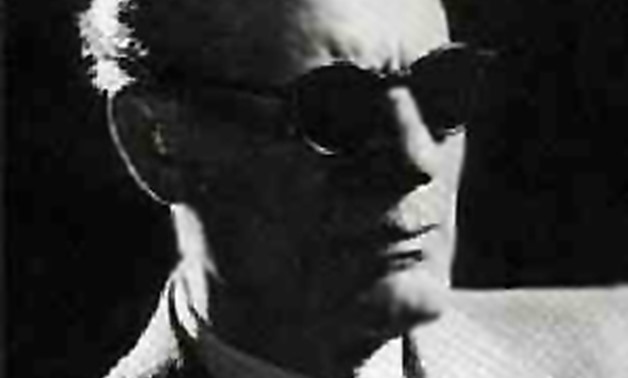
Late Egyptian thinker and writer Taha Hussein - Wikipedia
CAIRO – 11 December 2018: On the occasion of the 45th death anniversary of the “Dean of Arabic Literature”, Taha Hussein, Bibliotheca Alexandrina published a new edition of his book “The Future of Culture in Egypt”.
This edition comes eighty years after the first edition released in 1938.
Mustafa el-Feki, director of Bibliotheca Alexandrina, mentioned that this comes within the framework of the Bibliotheca Alexandrina's efforts to confront intellectual extremism and give way to ideas that contribute to the renewal and renaissance of the Arab and Islamic societies.
Feki also asserted that the book was chosen among a selection of culturally enriching books by the Bibliotheca Alexandrina’s project to revive heritage. The new edition will be presented at the annual meeting of thinkers and intellects, which will be held on Dec. 25 and 26.
Ismail Ali said in his introductory study of the book: "Without exaggeration, Taha Hussein stands out among the numerous thinkers of the Arab world, occupying a special position, whether they agreed with him or not; special traits have gathered in the personality of this giant thinker, much more than other thinkers in the modern era.”
Hussein was one of the 20th century's most influential Egyptian writers and intellectuals, and a figurehead for the Egyptian renaissance and the modernist movement in the Middle East and North Africa. His sobriquet was "The Dean of Arabic Literature". The late thinker and writer was nominated for a Nobel prize in literature fourteen times.
Hussein was born in Izbet el-Kilo, a village in the Minya Governorate in central Upper Egypt. He went to a kuttab (local school), and thereafter was admitted to Al-Azhar University, where he studied religion and Arabic literature.
Born into a lower-middle-class family, Hussein was the seventh of thirteen children. He became blind at the age of three as a result of a faulty treatment by an unskilled practitioner, a condition which caused him a great deal of anguish throughout his entire life.
Comments
Leave a Comment